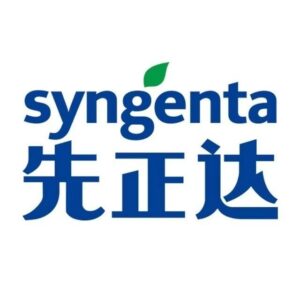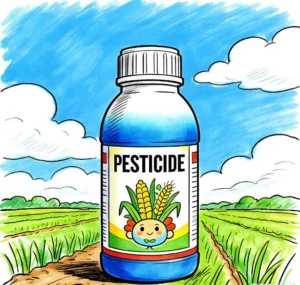To safeguard its premium basmati rice exports and comply with global food safety standards, the government of Uttar Pradesh, India, imposed a 60-day ban on 11 pesticides used in basmati cultivation, following Punjab’s lead. The ban took effect retroactively on August 1, 2025, and aims to address rising concerns over pesticide residues in rice shipments bound for Europe, the Middle East, and the United States.
Key details of the ban are as follows:
The restricted pesticides include Tricyclazole, Buprofezin, Acephate, Chlorpyrifos, Tebuconazole, Propiconazole, Thiamethoxam, Profenofos, Imidacloprid, Carbendazim, And Carbofuran. This list is similar to Punjab’s July 2025 ban, though Uttar Pradesh’s directive excludes Hexaconazole. The restrictions apply to the 30 districts in the state where Basmati rice is grown.
“This is a critical step to protect India’s reputation as a supplier of safe, high-quality basmati rice,” said a government official who spoke on condition of anonymity. The ban was announced on August 17, 2025, and will remain in effect until October 1, 2025.
Rationale: Export Compliance and Global Market Pressures
The move comes amid the stringent maximum residue limits (MRLs) imposed by key export markets. For example, the European Union (EU) has revised tricyclazole limits, forcing Indian producers to adapt rapidly. The Agricultural and Processed Food Products Export Development Authority (APEDA) recommended the ban to prevent export rejections and protect the country’s aromatic rice trade, which is valued at billions of dollars annually.
Industry Pushback and Transition Challenges
Although farmers and exporters support the long-term goal, pesticide industry insiders have criticized the timing of the ban. “Many companies had already distributed these chemicals to distributors before the notification was issued,” said Rajesh Sharma, a pesticide manufacturer based in Uttar Pradesh. The sudden ban could lead to inventory losses and supply chain disruptions.
Farmers face challenges in switching to alternatives. Although the government has recommended substitutes for nine banned pesticides, there are no specified replacements for tebuconazole and carbofuran. Notably, Tebuconazole was previously promoted as an alternative to Propiconazole, a contradiction that some growers have highlighted.
Enforcement and Consequences
Local agricultural offices have been ordered to crack down on violators. Dealers caught selling banned pesticides will face fines and license suspensions. Farmers who use prohibited chemicals risk lower prices for their basmati rice at market auctions, which could affect their livelihoods.
Global Implications and Future Steps
As India’s basmati rice competes in quality-sensitive markets, the ban aligns with the broader trend of tightening import standards. European and Middle Eastern buyers, in particular, have zero-tolerance policies for pesticide residues exceeding maximum residue levels (MRLs). Uttar Pradesh’s action could serve as a model for other rice-growing states.
APEDA officials stated that the 60-day ban will allow authorities to evaluate alternative methods and refine guidelines. “Our goal is to balance food safety with farmer productivity” said an APEDA spokesperson. Long-term solutions, including research on eco-friendly pest control methods, are expected to follow.









